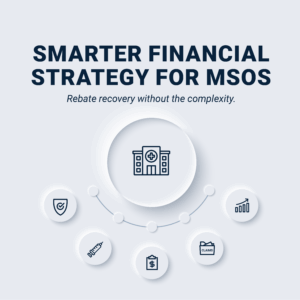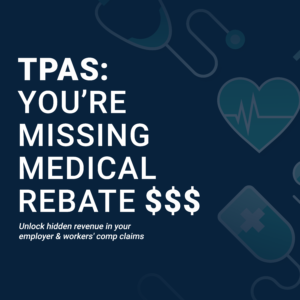Photo by Martin Shields / Alamy Stock Photo
In January 2023, the first biosimilar version of Humira, which is a widely used injectable drug for inflammatory diseases, was approved, marking the end of AbbVie’s two-decade market exclusivity. Humira is used to treat conditions like rheumatoid arthritis, psoriatic arthritis, Crohn’s disease, and ulcerative colitis, and it works by targeting certain proteins in the immune system.
Over the years, there has been a lot of controversy surrounding the pricing and distribution of Humira. Back in 2003, the yearly cost for Humira was $13,589, but by 2022, it had skyrocketed to around $84,000. One of the key issues has been the role of pharmacy benefit managers (PBMs), which are companies that negotiate drug prices on behalf of insurance companies and other payers.
AbbVie, the manufacturer of Humira, has been accused of using various tactics to maintain its monopoly on the drug and keep prices high, including negotiating exclusive contracts with PBMs that limit competition. Critics argue that this has led to artificially inflated prices for Humira and that PBMs are not doing enough to promote competition and lower costs. Some have called for more transparency in PBM contracts and increased regulation of the industry.
In response, AbbVie has defended its pricing practices, citing the high costs of developing and manufacturing biologic drugs, and arguing that PBMs play a vital role in controlling drug costs and ensuring patient access to needed medications.
Now, there are eight more biosimilars for Humira expected to be launched this year. Biosimilars have the potential to lower the cost of medications, including Humira, as they can often be priced at a lower cost than the original biologic drug. However, the extent of cost savings from biosimilars can depend on various factors, such as their availability in the market, regulatory policies, and negotiation practices among different stakeholders in the healthcare system.
The controversy around Humira and PBMs is likely to continue, as the drug remains one of the top-selling medications worldwide and a critical treatment option for millions of patients. At VativoRx, we strive for transparency with our customers and their members, offering a pass-through transparent model and not keeping any rebates, so there is no incentive for us to prioritize higher-cost drugs or larger rebates.






